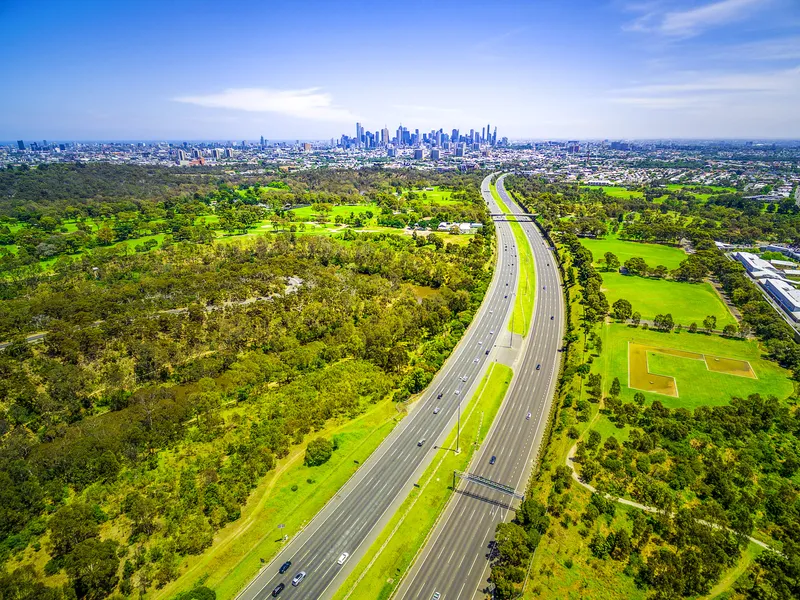
The need to find alternative funding sources for infrastructure projects will be high on the agenda at Roads, Tolling & Tech 2025.
As electric vehicle take-up increases, and fuel excise income decreases, the conference will look at "how technology, policy and public support can align to create a future-proof and equitable road funding system".
Held in Melbourne and organised by ITS Australia, Roads, Tolling & Tech 2025 will also examine transport infrastructure projects in the state of Victoria.
Click here to register.
“Australia’s intelligent transport sector has long been a global leader in harnessing technology to enhance the nation’s road networks,” says Susan Harris, CEO of ITS Australia.
“As we face this evolving challenge, it presents a unique and crucial opportunity for experts to come together, collaborate, and develop innovative solutions to ensure sustainable funding for vital road infrastructure for generations to come.”
Who is speaking at Roads, Tolling & Tech 2025?
Speakers include:
- Matthew Alvaro, ConnectEast EastLink
- Luke Normington, Neology
- Scott Wilson, CDM Smith
- Silje Troseth, Q-Free
- Gabriel Makki, Kapsch
- Emily Bobis, Compass IoT
- Jack Opiola, US Department of Transportation
- Laurène Cousyn, Transurban
- Zoltan Maklary, North East Link State Tolling Corporation
“The ITS sector is, by design, an early adopter of new technologies, and with AI poised to revolutionise road networks and broader transport systems, we are on the cusp of a transformation that will redefine how we manage mobility and infrastructure,” says Silje Troseth, president of ITS Australia.
“This year’s conference offers the perfect platform for industry leaders to showcase how this game-changing technology is already delivering safety, efficiency, and sustainability benefits to road networks both locally and globally. It will also provide invaluable opportunities to explore cross-sectoral collaboration, paving the way for innovative solutions in the years ahead.”









